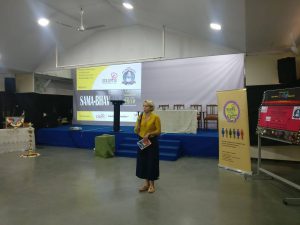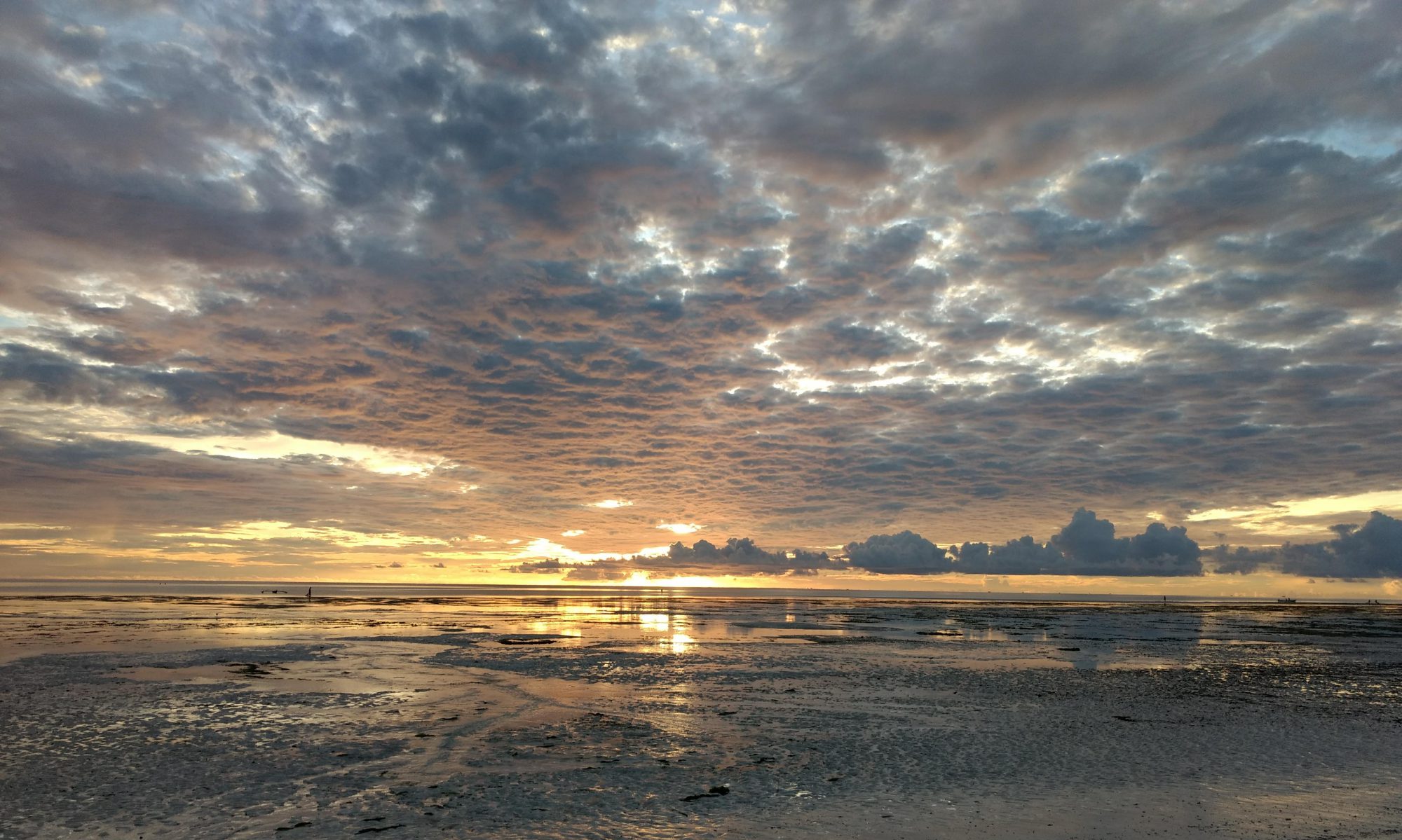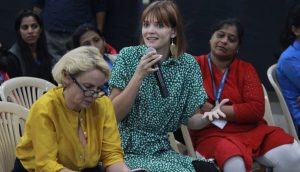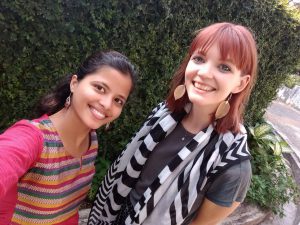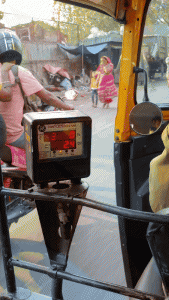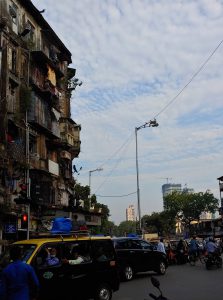Imagine that you are a teenager in Tanzania. You come from a village. Every day you go to school, and you love studying. You study hard because you know that your parents are poor and they struggle to afford paying your school fees. But you are planning to do well, and find a job. Your future seems bright.
Then suddenly, you see that your body is changing. You hope that everything will be alright. But you know that it will not. You have become pregnant. What is going to happen next will possibly destroy your dreams.
Soon you are suspended from school in accordance with Tanzanian law. Your friends laugh at you and wonder how you could be so stupid. Your family is angry and disappointed. Maybe you are not welcome in their house any longer. The boy you thought was in love with you says that he does not like you any longer, and he denies that it is his child.
Instead, he continues with his studies. But you cannot: because you are a girl, and you have become pregnant. You are on your own now. The future you thought lied in front of you seems to be very far away…
This is a common situation for young girls and women in Tanzania. If one gets pregnant in primary or secondary education, she is forced out from school, and the community disregards her. Some might get support from their families or relatives. Others are completely rejected. They have lost their chance to education, and the way they thought would lead to a better life.
If one gets pregnant in primary or secondary education, she is forced out from school, and the community disregards her. Some might get support from their families or relatives. Others are completely rejected. They have lost their chance to education, and the way they thought would lead to a better life.
So, one might ask if this practice in accordance with the International Human Right Charter that claims that every child has the right to education? Or if it follows the UN’s Sustainable Development Goals that will promote equal and qualitative education for all, at all levels of education? The answer is: No. And still, it is happening on a daily basis in Tanzania.
Moreover, this issue is well-known. And for some of these young women, there might be a second chance to education. One program that I believe gives the opportunity is the Mama-course program provided at six Folk Development Colleges in Tanzania. I have visited three of those, and I was surprised by the change they seem to bring.

Firstly, the Mama-course program gives the young mothers free education for two years. They live on the college with their child together with 14 other young mothers. They learn things such as entrepreneur skills, life skills and English, and they get vocational training, for example in cooking, farming, or electrical installation.
The positive effects of the two years program are prominent. The young mothers get more than education. They regain self-confidence. They see the possibility to become independent. They get respected by the community again. The parents are happy and they can help to support them with knowledge and skills. Their children become healthier at the college, and they learn new things in kindergarten and get friends during the program. The mama-course students now see the chance to get employed, start their own businesses, or (if getting enough capital) continue with secondary education.

Still, as with many good programs in Tanzania, there are issues with the capital. Only 90 students every two years are able to enter the program, and currently there are problems with the funding. The mama-course students at Ilula FDC had to interrupt their studies after the Winter-break due to lack of finance. They, and their children, are still waiting for a chance to enter the program again.
I sincerely hope that the Mama-course program can expand and provide education to more of these young mothers who always should have a second chance to education. And I wish that the government will take actions to provide for a better future for those capable young women. Hawa wanawake vijana wanaweza! (These young women can!)
Just give them the chance that is every person’s right. The possibility and right to: Education.
The blog was originally publiced on: http://fufkorrespondenterna.com/2015/06/11/a-second-chance-to-education/
